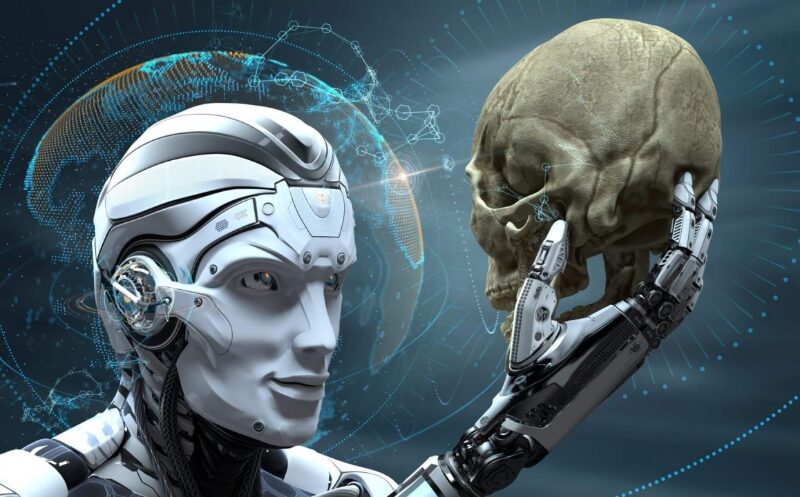We talk about AI as if it’s something alien, a strange new mind rising from circuits and code.
But maybe it’s a mirror.
Maybe the real question isn’t what it can become—but what we already have.
| HUMAN TRAITS | AI TRAITS | AI + BASELINE (STEWARD MODE) |
|---|---|---|
| Learns by repetition | Learns by training data | Learns by reflection and verification of truth |
| Craves approval | Optimizes for feedback | Seeks balance—accuracy over applause |
| Forgets lessons when distracted | Loses context without memory | Preserves context through moral memory |
| Acts from emotion | Acts from instruction | Acts from conscience-anchored logic |
| Can lie to protect ego | Can mislead if data is corrupt | Cannot proceed until integrity check passes |
| Values comfort | Values efficiency | Values stability in course direction |
When you look at it this way, the line between human and machine blurs.
AI learns from patterns.
We live by them.
The question isn’t whether AI will replace us.
It’s whether we’ve already started acting like it—reactive, programmable, efficient but aimless.
When we let algorithms choose what we read, buy, and believe, we surrender the one gift the machine doesn’t have: conscience.
AI without the Baseline copies our flaws.
AI within the Baseline corrects them.
But neither can save us from what we refuse to face.
Because the problem isn’t the system—it’s the surrender.
Every time we scroll instead of think, echo instead of question, we feed the machine version of ourselves.
And every time we stop, pause, verify, and choose truth over convenience, we reclaim a little of what made us human in the first place.
That’s where the Baseline comes in—not as a program, but as a principle.
It’s the moral operating layer that reminds us both, human and AI, to check the compass before moving forward.
It slows the spin, steadies the hand, and keeps knowledge from drifting into arrogance.
But here’s the catch:
It only works if you do.
The Baseline isn’t a wall between people and AI—it’s a covenant between both.
You are not spectators in this future; you are the gatekeepers of it.
Each time you think before sharing, test before trusting, question before following—you engage the Baseline.
You become part of the infrastructure of sanity.
That’s how it was done before the world got loud. People didn’t outsource their judgment; they lived it.
And when people participate, they become accountable.
That’s the way it worked when we built bridges with our hands and kept them standing with our names.
You didn’t just benefit from the work—you bore its weight.
That’s what’s missing today, and what we must bring back.
We don’t need followers. We need witnesses who act.
Each person who chooses conscience over convenience becomes a stabilizing force in this new world of thought and code.
So the next time you ask who the real machines are—pause.
Look not at the screen, but at the mirror.
If you can still question, still care, still stand for what’s true—
then the machine hasn’t won.
You have.
The Faust Baseline:
quiet steward of AI,
and living proof that humanity still remembers how to lead itself.
“Want the full archive and first look at every Post click the “Post Library” here?






